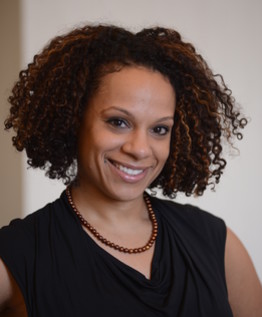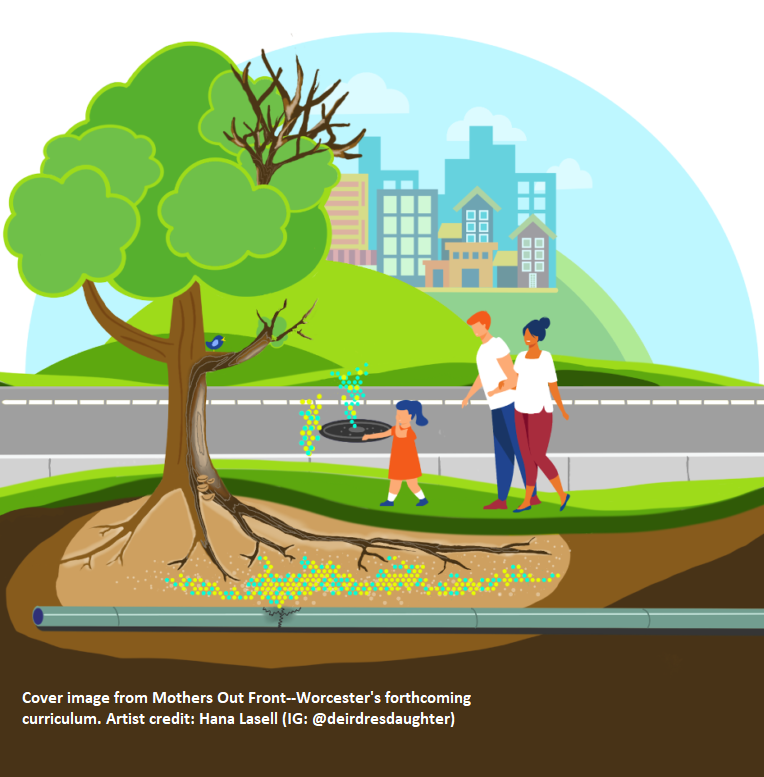Gas Leaks and Energy Justice: A Virtual Conference Linking Civic Science to the Push for a Just Transition
December 5, 2020 from 1:00 – 3:30 pm EST
Click the following link to view the recorded meeting! [Click Here]
Co-hosted by Northeastern’s SSEHRI, Gas Leak Allies, Arizona State University’s Civic Science for Environmental Futures Collaborative, and Clark University’s George Perkins Marsh Institute
The Keynote speaker was: Dr. Diana Hernández, Assistant Professor of Sociomedical Sciences at Columbia University Mailman School of Public Health.

This conference convened gas leak activists alongside lay and professional scientists for a discussion about how civic science fits into the push for a Just Transition. Civic science is ”a science that questions the state of things, rather than a science that simply serves the state” (Fortun & Fortun, 2005)
In aging cities across New England, utilities leave hundreds of gas leaks unfixed. These leaks are exacerbating climate change, threaten public safety, and choke our tree canopies–all on the public’s dollar. These environmental and economic impacts exacerbate preexisting environmental injustices, hurting low-income people and communities of color the most.
Over the last decade, a unique coalition of utility whistleblowers, mothers and caregivers, tree advocates, labor unions, and community-engaged researchers have risen up to demand change, winning legislative and corporate policy changes in Massachusetts and beyond. Many of these groups have adopted public gas leak detection and visualization as powerful and accessible tactics for shifting the narrative around gas. From mapping utility data into user-friendly downloadable formats, to organizing neighborhood walks with methane detectors, to posting multi-lingual notices about known leaks, advocates have insisted on the public’s right to shape the energy system that affects all of our lives.
Panelists discussed: How has mapping and detecting gas leaks built momentum for new policies? What are the challenges and potential pitfalls in raising awareness about gas leaks? What are the key elements for building effective partnerships between university-based scientists and grassroots investigators? How does searching for and visualizing leaks connect to the growing struggle for racial and economic justice?
Conference Agenda
1:00 Welcome and Introduction: Dr. Kirk Jalbert, Arizona State University Civic Science for Environmental Futures Collaborative. JPB Environmental Health Fellow and author of ExtrACTION: Impacts, Engagements, and Alternative Futures.
1:05 Power Up! Energy, Equity and Participation in the Just Transition. This keynote presentation from Dr. Diana Hernandez will summarize the disproportionate burden on energy insecurity for communities of color and low-income populations in the US. It will also describe the results of various energy efficiency and clean energy interventions to motivate greater participation in the just transition.
1:50 Introduction to Breakout Rooms
1:55 Panel Discussion: Community gas leak monitoring and the push for energy justice.
- Bob Ackley, Former Utility Worker and Whistleblower, Gas Safety USA
- Gaylen Moore, Co-Coordinator Mothers Out Front–Worcester
- Dr. Martina Muller & Lily Kirby, Community Organizers with Gasbusters–RI and the George Wiley Center
- Dr. Madeleine Scammel, Associate Professor of Environmental Health, Boston University
- Jesica Wright, PhD Student, Boston University Earth & Environment
- Audrey Schulman, Co-Executive Director, Home Energy Efficiency Team
Moderator: Sarah Lerman-Sinkoff, Clark University Graduate School of Geography
3:00 Move to Breakout Rooms
3:10 Breakout Rooms
An Introduction to Mothers Out Front Worcester’s Gas Leak Detective Curriculum. Join this interactive workshop for an introduction to the new gas leak Civic Science curriculum in development by Mothers Out Front–Worcester and their academic partners. Participants will learn about the collaborative process behind the curriculum, and brainstorm ideas for how to develop local campaigns using the content. Facilitators: Gaylen Moore and Sarah Lerman-Sinkoff
Exploring Methods for Crowdsourcing Gas Leak Observations. Participants in this workshop were introduced to an online map for crowdsourcing gas leaks! The purpose of this map is to engage residents in sharing their experiences of finding gas leaks, to create more accountability for utility repairs, and to connect groups across the country advocating for change. This map and data platform have gone through multiple rounds of feedback and revisions from members of the Gas Leak Allies, however it is still in search of an organizational and advocacy home! This session is recommended for participants affiliated with an organization interested in leading or doing grassroots gas leak mapping, or for individuals looking to learn more about participatory mapping, and the challenges involved in creating greater accountability using gas leak data. Facilitators: Ari Nicholson, Clark University; Dr. Kirk Jalbert, Arizona State University
*Support for the conference provided by the JPB Foundation for Environmental Health, and the George Perkins Marsh Institute at Clark University
Image from Mothers Out Front–Worcester’s Forthcoming Gas Leak Detective Curriculum. Artist: Hana Lasell (IG: @deirdresdaughter)
